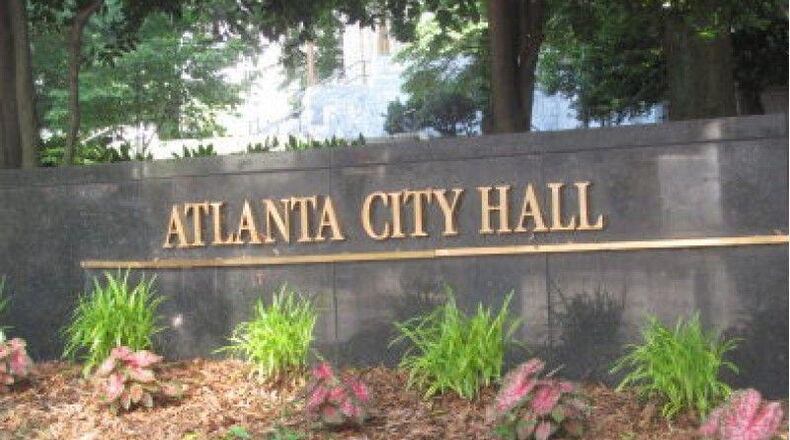The Atlanta official in charge of overseeing the city’s minority contracting programs abruptly stepped down this week, and two city hall officials independently told The Atlanta Journal-Constitution that the resignation was related to the years-long federal corruption investigation.
A spokesman for Mayor Keisha Lance Bottoms declined to comment on why Larry Scott resigned.
Scott had been the city's director of contract compliance since 2014, and had worked in the department for a decade before becoming its leader. He was appointed to the leadership role by former Mayor Kasim Reed, who has been the subject of several federal subpoenas in the probe.
In an undated resignation letter, Scott said he tendered his resignation with “extreme frustration and disappointment.” The letter does not say why he resigned.
“It is my hope that in the times you interacted with me, you had the opportunity to assess my full character and know that I enjoyed my work with the city and will always remember my time there fondly,” Scott wrote in the letter. He could not be reached for comment Thursday.
A city spokesman in a text message said Scott resigned Monday, and that it was effective immediately.
Contract awards are a significant focus of the federal investigation. The city's chief procurement officer, Adam Smith, pleaded guilty in 2017 to accepting bribes in exchange for steering city business to certain contractors. He is currently serving a 27-month prison sentence.
In addition, two former city contractors have pleaded guilty to paying bribes in exchange for lucrative contracts. A third contractor was indicted in February and is awaiting trial.
The contract compliance officer wields tremendous power in who is awarded contracts to all city departments including two of the biggest — the airport and watershed.
The office’s purpose is to “mitigate the effects of past and present discrimination against women and minority businesses,” according to the city’s website.
But the complex web of minority contracting requirements for the airport and other city departments have often been the subject of highly contentious lawsuits over who gets the work.
The city’s minority participation requirements include specific certifications, paperwork and employment percentage goals for disadvantaged groups. An industry of consultants has grown up around the programs to help bidders navigate the process.
Apart from the corruption investigation, the city in recent months has drawn the ire of Federal Aviation Administration officials, who are investigating the alleged improper use of airport funds to pay legal fees, including some related to the corruption probe.
About the Author
Keep Reading
The Latest
Featured

